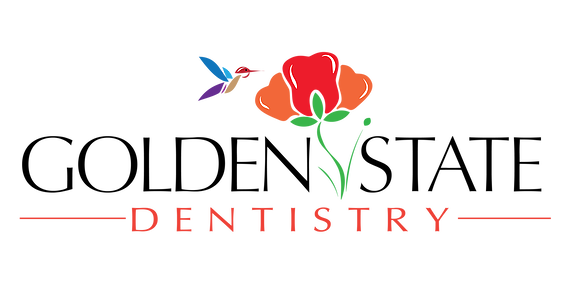.jpeg?width=1280&height=720&name=GSD-Top-Causes-of-Tooth-Decay-Cavities-BLOG-08.15.24-2%20(1).jpeg) Discover the top reasons behind tooth decay and how you can prevent it to ensure a healthy, dazzling smile.
Discover the top reasons behind tooth decay and how you can prevent it to ensure a healthy, dazzling smile.
Understanding Tooth Decay: What It Is and Why It Happens
Tooth decay, also known as dental caries or cavities, is a common dental problem that occurs when the natural bacteria in your mouth produce acids that erode the tooth enamel. This can lead to the formation of holes or cavities in the teeth.
The main cause of tooth decay is poor oral hygiene, which allows bacteria to thrive and produce the acids that attack the enamel. However, there are several other factors that can contribute to tooth decay.
The Role of Sugary Foods and Drinks in Dental Health
One of the major causes of tooth decay is the consumption of sugary foods and drinks. When you consume sugary substances, the bacteria in your mouth feed on the sugars and produce acids as a byproduct. These acids then attack the enamel, leading to tooth decay.
It's important to limit your intake of sugary foods and drinks, especially between meals. If you do indulge in sugary treats, make sure to brush your teeth afterward to remove any residual sugars.
Poor Oral Hygiene: A Direct Path to Cavities
Maintaining good oral hygiene is essential for preventing tooth decay. When you don't brush and floss regularly, plaque accumulates on your teeth. Plaque is a sticky film that contains bacteria, which produce acids that can damage your tooth enamel.
To prevent tooth decay, it's important to brush your teeth at least twice a day and floss once a day. This helps remove plaque and bacteria from your teeth and gums, reducing the risk of cavities.
The Impact of Acidic Foods and Beverages on Your Enamel
Acidic foods and beverages can also contribute to tooth decay. When you consume acidic substances, such as citrus fruits, sodas, or sports drinks, the acid can soften and weaken your tooth enamel. This makes it more susceptible to erosion and decay.
To minimize the impact of acidic foods and beverages on your enamel, it's important to rinse your mouth with water after consuming them. You should also wait for at least 30 minutes before brushing your teeth, as brushing immediately after consuming acidic substances can further damage the weakened enamel.
Other Risk Factors: From Dry Mouth to Genetic Predisposition
In addition to poor oral hygiene and sugary foods, there are other risk factors that can increase your chances of developing tooth decay. These include:
- Dry mouth: Saliva plays a crucial role in neutralizing acids and washing away food particles. When you have a dry mouth, either due to medication or a medical condition, your risk of tooth decay increases.
- Genetic predisposition: Some individuals may be more susceptible to tooth decay due to their genetic makeup.
- Age: As you age, your enamel naturally wears down, making your teeth more vulnerable to decay.
- Tooth grinding: Grinding or clenching your teeth can cause enamel erosion, exposing your teeth to decay.
It's important to be aware of these risk factors and take steps to mitigate them. Regular dental check-ups, maintaining good oral hygiene, and making healthy lifestyle choices can all help prevent tooth decay. Call our Walnut Creek office to schedule your dental check-up: (925) 705-7093.


.jpg?width=712&name=GSD-Scalloped-Tongue-Causes-and-Treatment-Blog-01.27.2210.21.21%20(1).jpg)











.jpeg?width=425&name=GSD-How-to-Combat-Dental-Plaque-07.22.24-2%20(1).jpeg)



